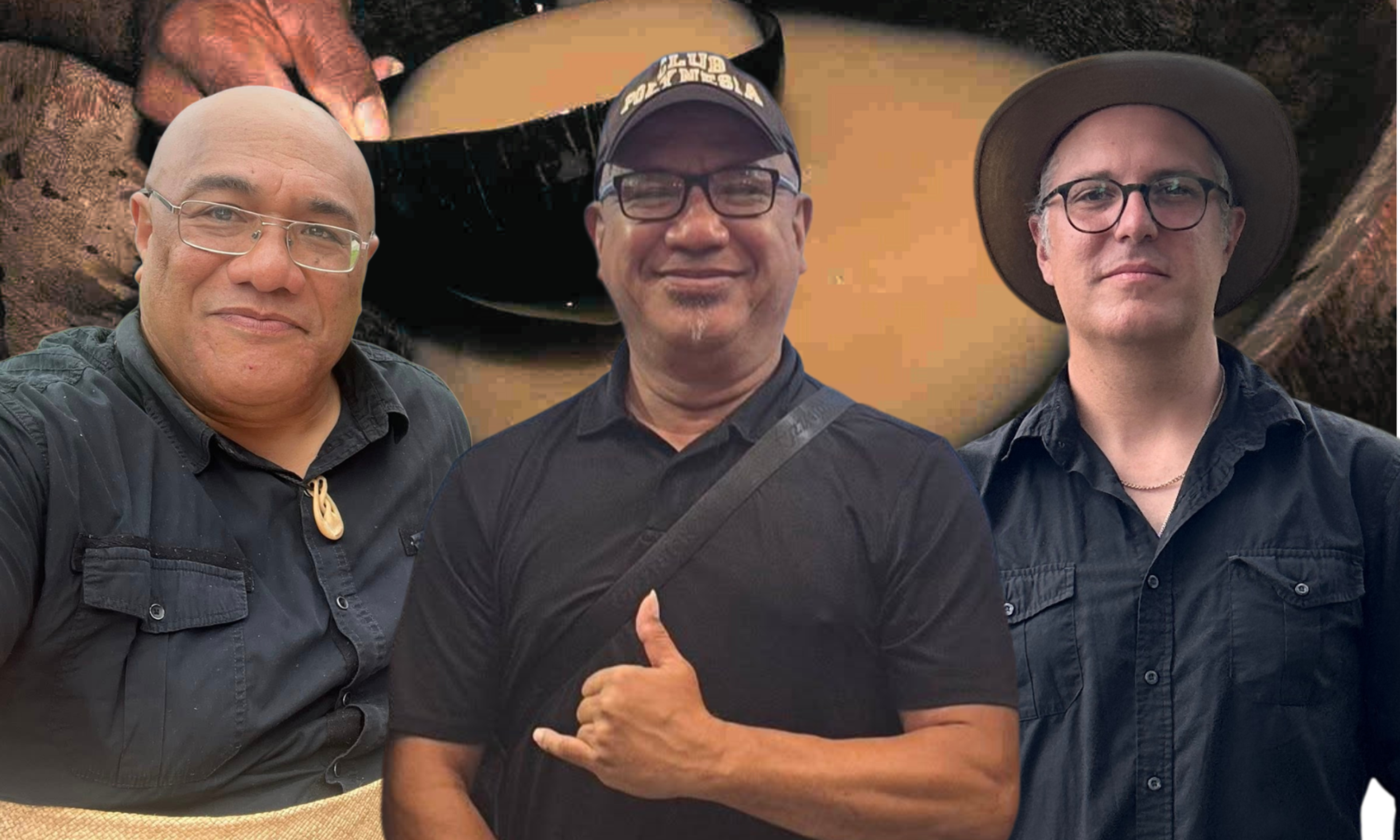

Photo/RNZ
'Our people don't forget' Why Pacific and Māori are wary of police in NZ
Amid the debate on reframing justice, academic Chelsea Naepi advocates for a shift towards indigenous reconciliation practices.


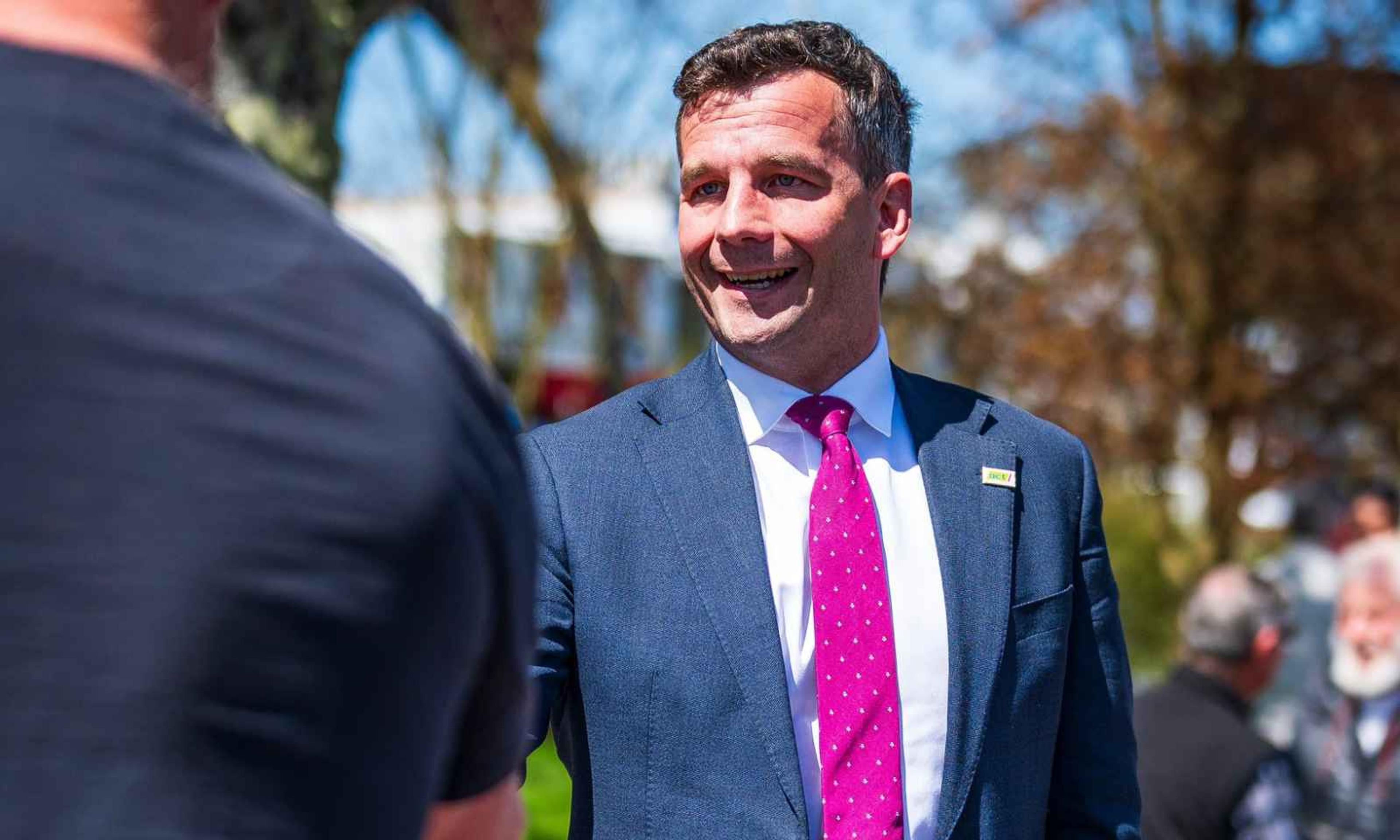
Pacific child poverty rises as Deputy PM points to economic growth as solution
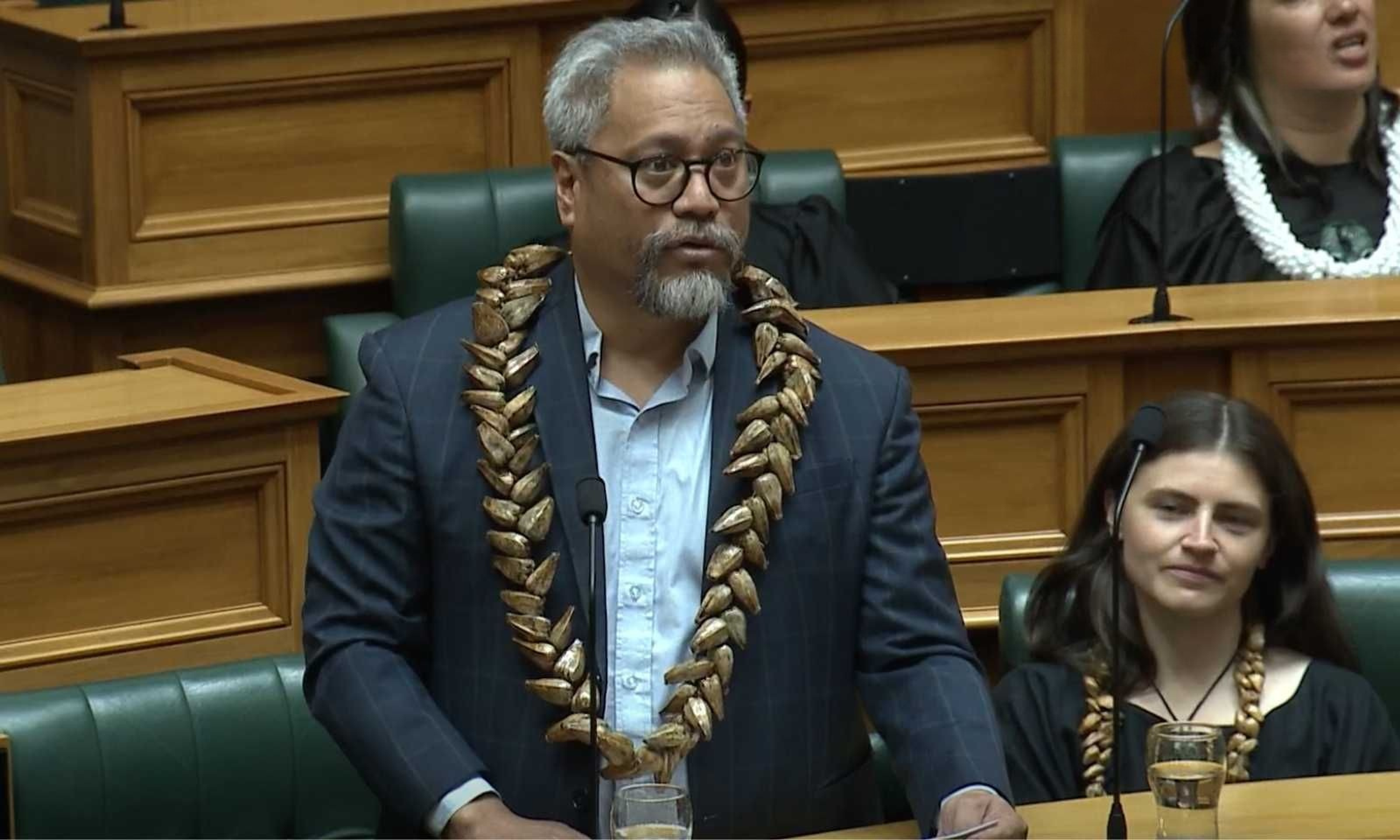
Green MP says the proposed immigration changes risks reigniting Dawn Raids trauma
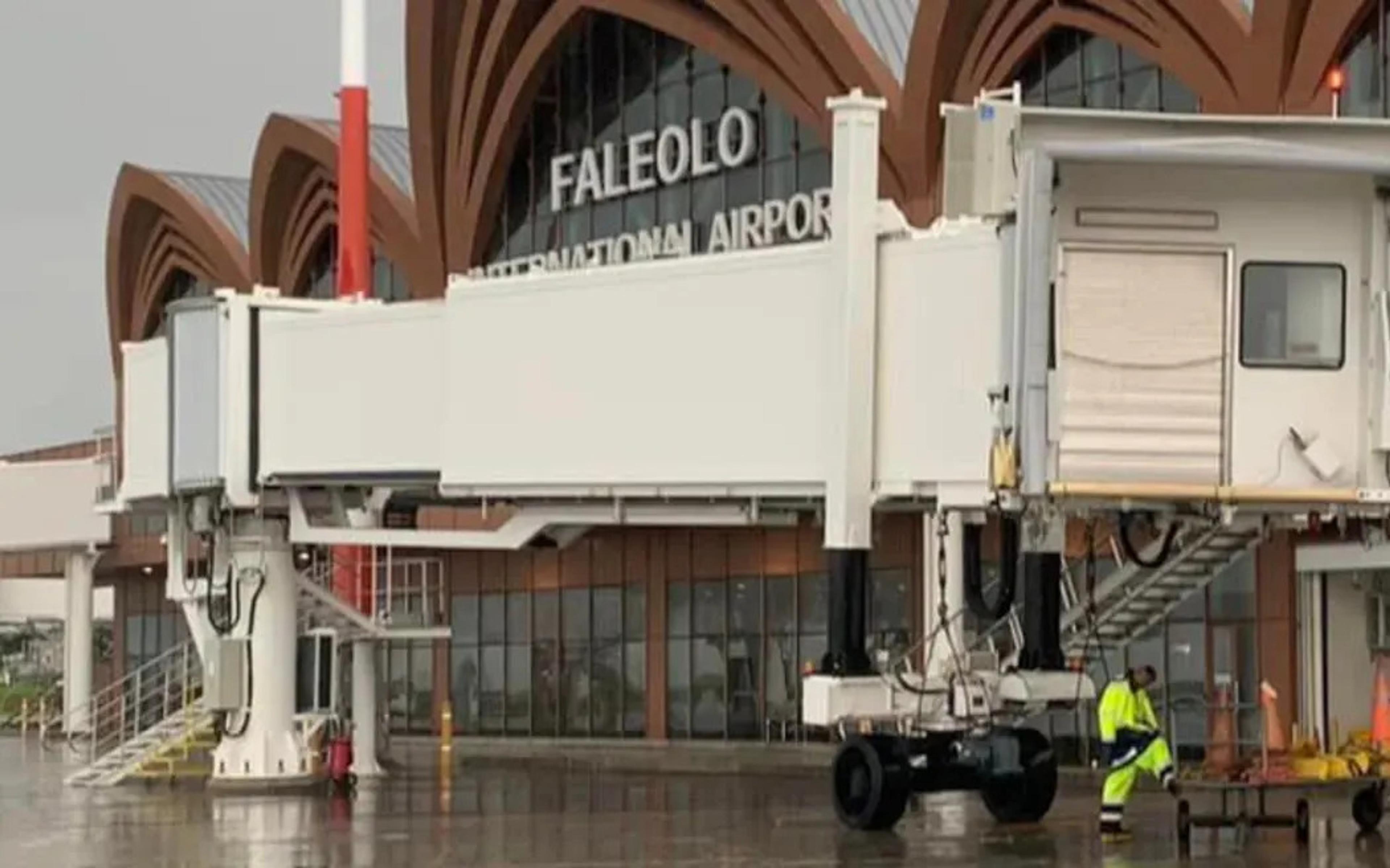
'I don't want to travel anymore': Sāmoa government urged to reconsider fee hike


Pacific leaders back NZ kava reforms but warn of risks for smaller businesses in Tonga

Pacific child poverty rises as Deputy PM points to economic growth as solution

Green MP says the proposed immigration changes risks reigniting Dawn Raids trauma

'I don't want to travel anymore': Sāmoa government urged to reconsider fee hike
A legal academic argues that there are valid reasons for Pacific communities to be wary of the police and challenges those who dismiss these experiences.
The discussion follows comments from Green MP Tamatha Paul, who believes that police patrols make some people feel uneasy.
Chelsea Naepi, a professional teaching fellow at the University of Auckland, says this view is common in Pacific and Māori communities that have historically been over-policed.
“History's taught us that when police show up, our people are often the ones who suffer, and that's enhanced even more when you're homeless, when you're disabled, when you're poor, the rabbit hole just deepens when you have all these other axes of oppression put against you.”
Research shows Māori and Pacific people are more likely to be stopped and searched by police and to experience excessive force.
Speaking to William Terite on Pacific Mornings, Naepi says these realities impact communities.
“Our families still carry the trauma of events like Operation Pot Black in the 70s, cops stopping us in the middle of the street just because we look brown, ‘show me your passport’ and then it led to horrible, traumatic things like the Dawn Raids.
“Our people don't forget those things. It remains in our families, our communities, our psyches.”
While some politicians have labelled Paul’s comments as “stupid” and “living in la-la land”, Naepi says there is a broad range of valid experiences.
Watch Chelsea Naepi's full interview below.
“For others, police presence is just a part of life, it's safety, it’s ‘they're just doing their job’, but for marginalised communities, it's a reminder that we're being monitored and that we're not fully trusted.”
She adds that this can lead to increased self-awareness. When police are around, we become hyper-aware of ourselves, ‘Are they looking at me?’ Am I doing something suspicious? I really hope they don’t stop me’, you end up policing yourself and it's an instinct that other people don't have to think about.”
Recent examples of racial profiling only reinforce these views. Naepi recalls the 2020 armed response trials, where police targeted areas with high Māori and Pacific populations, reinforcing the message that these communities are part of the problem or seen as a threat.
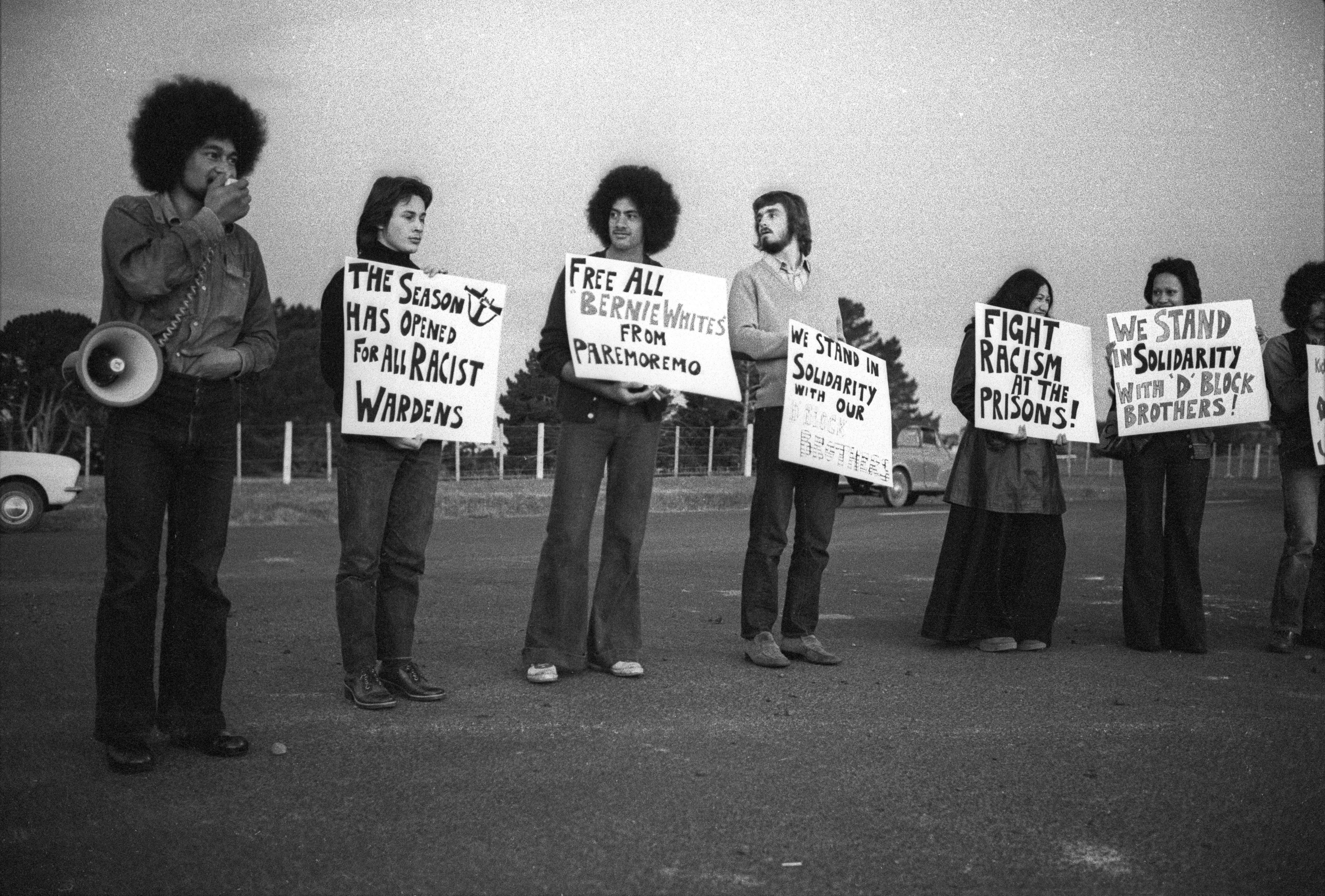
Pāremoremo prison protest, Polynesian Panthers, 1972. From left, Tigilau Ness; Nikki Cole; Victor Tamati; Unknown; Miriama Rauhihi; Elaine Thompson; Bing. Photo/John Miller - Mana Newspaper
So how do we uphold law and order?
Naepi argues that while some may support a ‘tough on crime’ approach, using fear, division, and punishment creates societies where “people don't heal, people don't get better, we don't reconcile, [and] we don't come together as a community”.
She says reframing societal connections through reconciliation and relationality, addressing deeper issues, is a solution.
“What led to this harm in the first place? Why are people acting in certain ways that may be seen as undesirable or anti-social or deviant? How can we improve conditions to the point that this type of behaviour or this harm never occurs again in the future, in the first place?”
Naepi says an indigenous approach to harmful behaviour involves collective responsibility.

What does 'tough on crime' really achieve? - Chelsea Naepi. Photo/Matthew Ansley via Unsplash
“I think about the Sāmoan ifoga or the Fijian bulubulu, those are really great cultural examples of how we look at reconciliation and harm and restoration.
“It's always from this perspective of, ‘How have we failed this person to the point that they've been driven to do X, Y, Z, instead of ‘You've done this, that's your own fault, and as the result of your own actions, you suffer the consequences alone over there, away from us.”
Hope for a better future
Last year, the police began testing a different response model for callouts, stepping away from being the first responders in social crises.
Naepi wants to see more professionals who are “better equipped” to handle de-escalation and crisis situations rather than relying on police.

Photo/File
“We need more well-trained social workers, mental health specialists, occupational therapists, more community leaders, we need more youth coming forward and bringing us forward.
“And eventually, all these little steps, all these little things, all these hands coming together, we will build better and address what our most vulnerable need.”